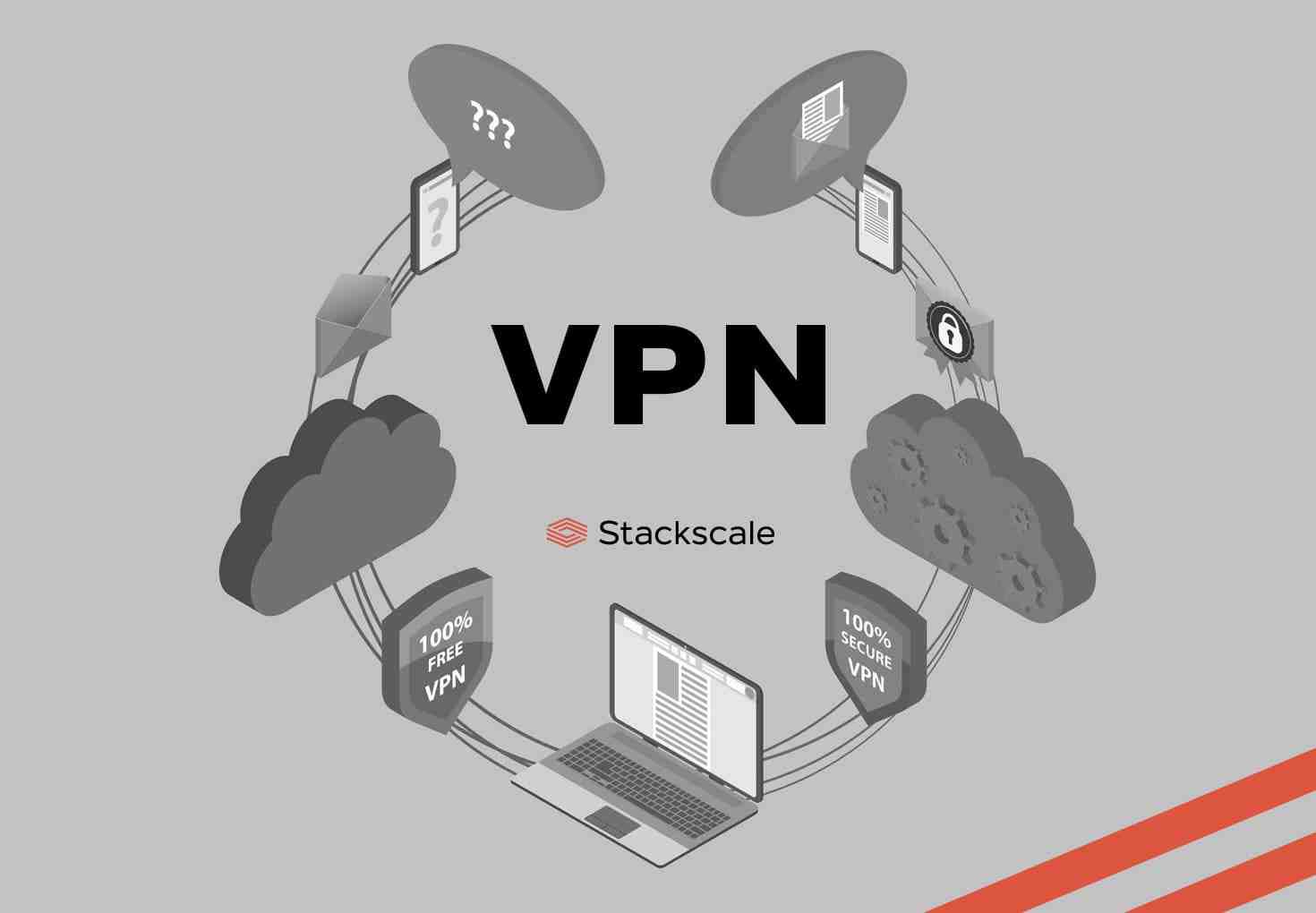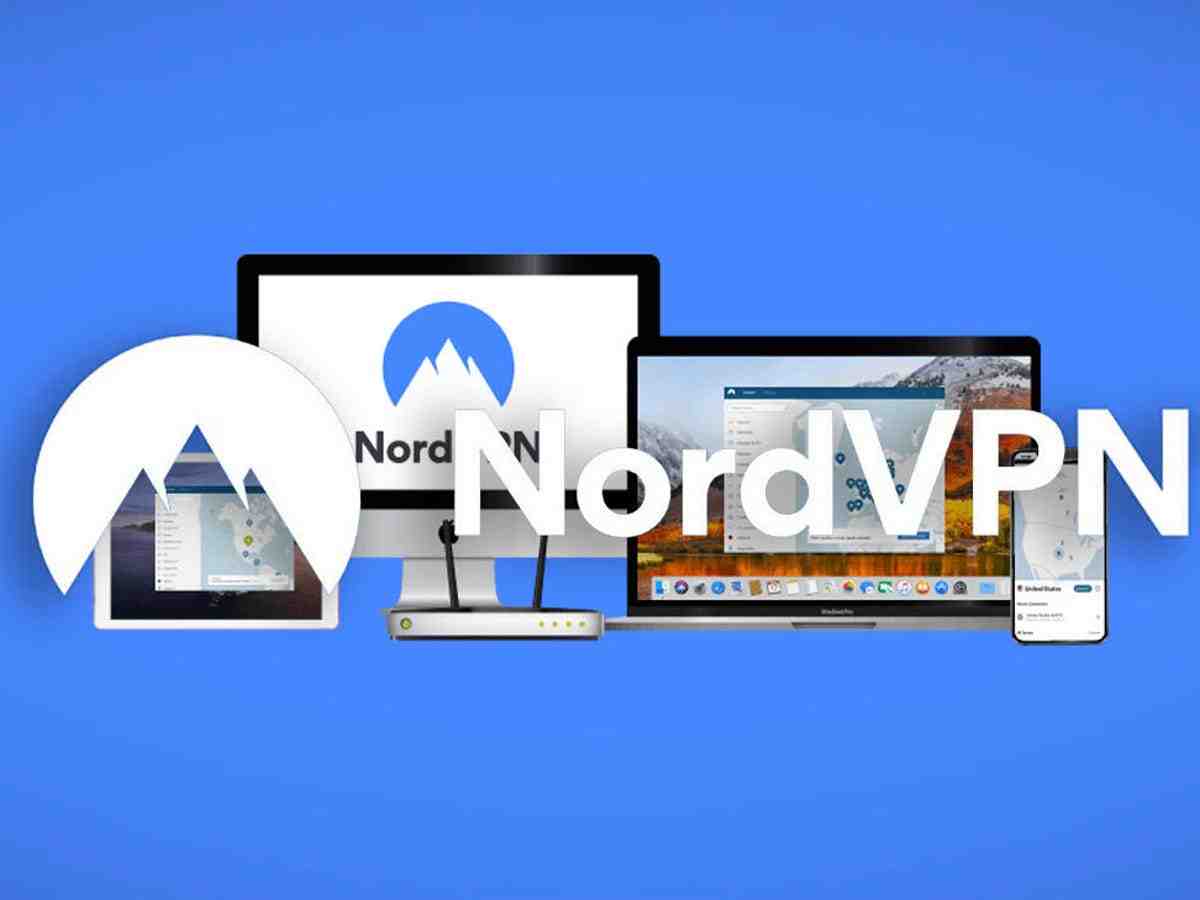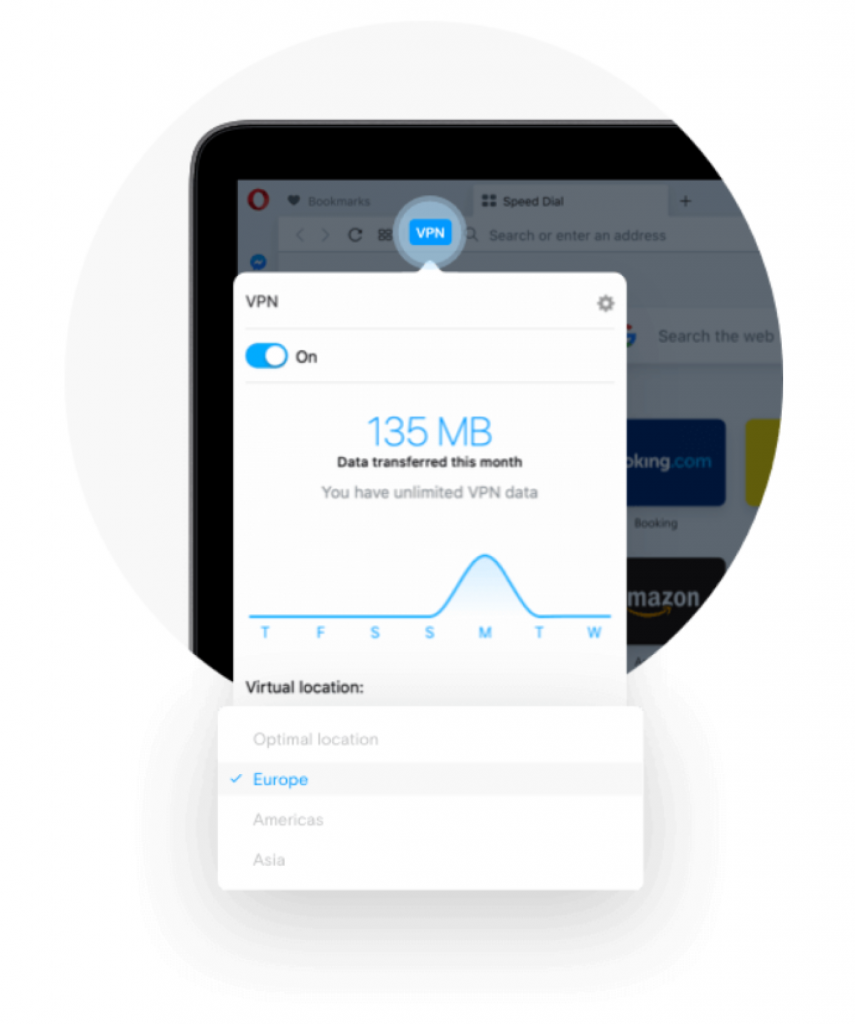VPN stands for Virtual Private Network. But it’s not the complex-sounding name that matters: it’s what a VPN can do for you.
Most people use a VPN to get an extra layer of privacy online. This is where Private comes in. When enabled on your phone, tablet, or laptop, a VPN can help prevent others from seeing what you’re doing while you’re using the internet. For example, your ISP can’t slow down your connection speed based on your activity, and it also means they can’t sell your data to third parties who might target you with annoying ads. Not all ISPs sell such data, but using a VPN means those who do cannot sell yours.
Another reason to use a VPN is security. Thanks to the fact that they encrypt your internet connection, you get an extra layer of security and privacy. This is valuable when you are connected to free WiFi in cafes, hotels, airports and shopping malls, which is often unencrypted because there is no password.
A common misconception is that a VPN makes you anonymous online. To an extent it does, but what you do online can reveal your identity. For example, if you log into a website with your username and password, that website could know exactly who you are, even if you’re using a VPN.
However, one of the most popular uses for a VPN has nothing to do with privacy, anonymity, or security. It is actually supposed to give the impression that you are in another country. VPN services have servers in different countries, and when you connect through one, websites and – especially – streaming services think you’re in that country. That means you can watch services that aren’t available in your country, or access videos – like Netflix – that are available in other regions but not yours.
Why set up your own VPN?
If you create your own VPN server on your home router, you can access your local network on the go. This allows you to access your Netflix account and other geo-restricted services when traveling abroad.
What does it mean to have your own VPN? Personal VPN is a type of VPN connection or service intended for individual or personal use rather than business use. It is used to design and protect a person’s personal home or office network and connected devices from external attacks or exploits.
Should I run my own VPN?
An advantage of having your own VPN server is that it is much less likely that someone will be interested in your web traffic. In theory, the web hosting service could monitor what you’re doing, but it makes its money from selling web space and doesn’t need to log your every move online.
Can I set up my own VPN?
To create your own VPN for personal use, you have some specific hosting options: Run the software on a virtual private cloud server. All cloud providers, from titans like Amazon Web Services to smaller operations like Vultr, offer cloud-hosted servers called VPSs.
How to properly use a VPN

How to use a VPN in 3 easy steps
- Download a VPN app. After you’ve researched and chosen your VPN provider, choose your subscription, download the app, and install a VPN.
- Set up the VPN. …
- Connect to a VPN server.
How does a VPN work for beginners? A VPN connection establishes a secure connection between you and the Internet. With the VPN, all your traffic is routed through an encrypted virtual tunnel. This disguises your IP address when you use the internet and makes your location invisible to everyone. A VPN connection is also secure against external attacks.
Is there a downside to a VPN?
Likewise, using a VPN service has some disadvantages. speed, performance and cost. Good encryption always leads to delays. Using a VPN service can slow down your internet connection speed due to the processing power required for encryption.
Can VPN affect Wi-Fi connection?
Simply put, a VPN slows down your internet connection because your internet traffic is routed through the VPN server: this is an extra step in the process. However, a premium VPN like NordVPN is so fast that you usually won’t notice any increased latency. the slowdown is usually imperceptible to the user.
Why doesn’t my WiFi work with VPN? This can happen if the network has a security protocol that is incompatible with the VPN. It’s also possible that the VPN isn’t configured properly. This can happen if you’re using the wrong settings, or if the VPN isn’t set up to work with the type of network you’re using.
Can a VPN interfere with WiFi?
While a VPN affects Wi-Fi connections, a good VPN only affects it for the better. With the best VPNs like Le VPN, you can surf safely and without speed reduction and even offer some additional features.
Why is my VPN turning off my WiFi?
Whenever there is a problem connecting to the VPN server, it will not allow internet usage. Because of this, the internet gets disconnected when VPN connects. change protocol. All VPNs support multiple protocols.
Is VPN displayed in the WLAN?

The VPN encrypts your internet traffic before it leaves your computer. Encrypted traffic passes through your router and ISP, but since it’s encrypted, neither of them can see its content.
How do I know if my WiFi is connected to VPN? You can also navigate to your Settings app, click Network, and then see if you’re running a VPN/proxy. Harder to check on Android/iPhone and doesn’t actually happen on the device. Check with your company’s IT staff to see if the wireless network is set up with a VPN/proxy.
Can the WiFi owner see what I’m looking for VPN?
VPN hides almost everything related to your browsing history e.g. B. links clicked, search terms and the websites you visited. With VPN, your ISP can only see the IP address of the VPN you are using.
